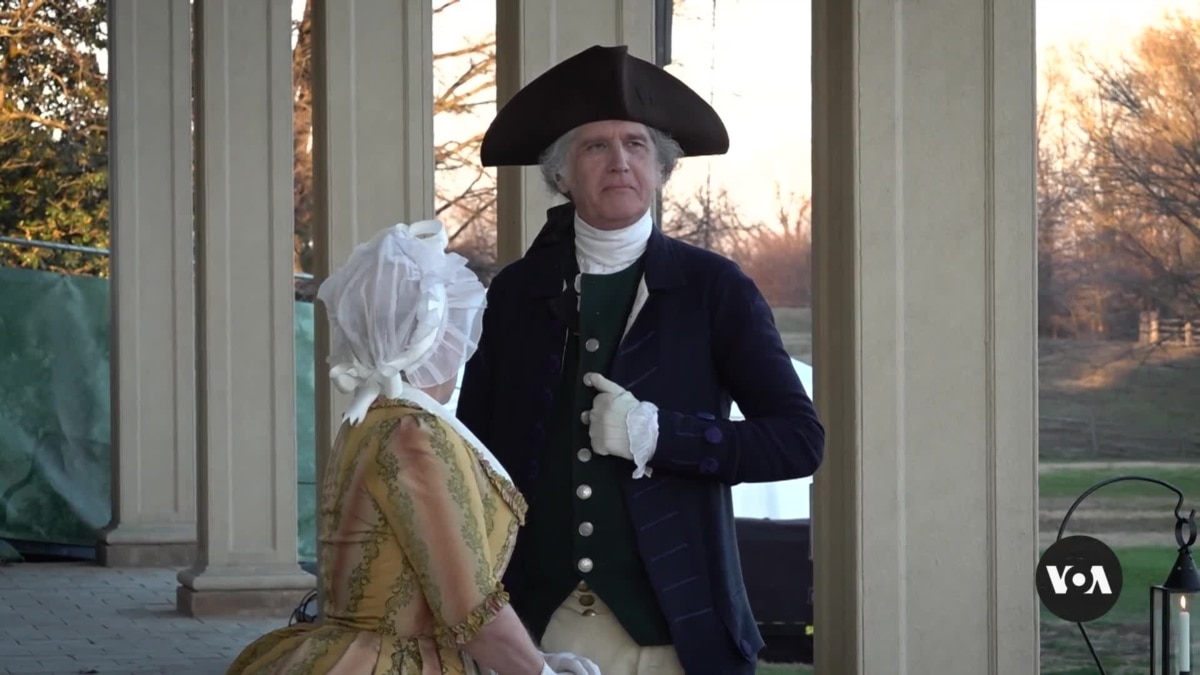The United States does not support Taiwan’s independence, according to President Joe Biden. This statement comes after Taiwanese voters rejected China’s influence and reelected the ruling party for a third presidential term. Lai Ching-te, the presidential candidate of the Democratic Progressive Party (DPP), assumed power and firmly resisted Chinese pressure while vowing to confront Beijing and pursue dialogue. President Biden, in response to the election results, emphasized that the US does not endorse independence for Taiwan. Prior to the polls, Washington strongly warned against any interference in the election, declaring it unacceptable. Taiwan, which China claims as its own, has become a democratic success story since its first direct presidential election in 1996, after years of struggle against authoritarian rule. Despite the absence of formal diplomatic ties, the United States remains Taiwan’s crucial international supporter and arms supplier. Concerns have arisen within the Biden administration that the election, transition, and new administration could escalate tensions with Beijing. President Biden has sought to improve relations with China and engage in discussions to address security differences, as demonstrated by his meeting with President Xi Jinping in November. Taiwan’s government anticipates that China will exert pressure on the incoming president, potentially through military maneuvers near the island this spring, as China has never renounced the use of force to bring Taiwan under its control. As a show of support for Taiwan’s government, President Biden intends to send an unofficial delegation to the self-governed island, likely comprised of former high-ranking American officials. It is important to note that similar delegations have been dispatched to Taiwan in the past. China was previously angered by then-President-elect Donald Trump’s phone call with President Tsai Ing-wen in 2016, marking the first conversation between US and Taiwan leaders since President Jimmy Carter switched diplomatic recognition from Taiwan to China in 1979.
Taiwanese voters re-elected the ruling party’s presidential candidate, Lai Ching-te, rejecting Chinese pressure and signaling their support for the island’s independence. However, U.S. President Joe Biden stated that the United States does not support Taiwan’s independence. The U.S. has warned against any interference in the election and is Taiwan’s most important international backer. Taiwan expects China to increase pressure, including military maneuvers near the island. In a show of support, Biden plans to send an unofficial delegation to Taiwan. The U.S.-Taiwan relationship has been a sensitive issue for China, as seen in 2016 when then-President-elect Donald Trump spoke with Taiwan’s president.
Disclaimer: Only the headline and content of this report may have been reworked by Newsearay, staff; the rest of the content is auto-generated from a syndicated feed. The Article was originally published on Source link


